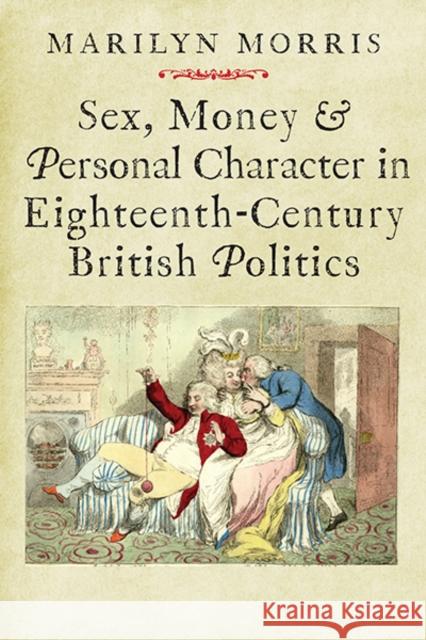Sex, Money and Personal Character in Eighteenth-Century British Politics » książka
Sex, Money and Personal Character in Eighteenth-Century British Politics
ISBN-13: 9780300208450 / Angielski / Twarda / 2015 / 272 str.
A sophisticated analysis of changing views of political virtue in the 18th century and the origins of the modern dilemma over probity and suitability for high public office
How, and why, did the Anglo-American world become so obsessed with the private lives and public character of its political leaders? Marilyn Morris finds answers in eighteenth-century Britain, when a long tradition of court intrigue and gossip spread into a much broader and more public political arena with the growth of political parties, extra-parliamentary political activities, and a partisan print culture.
The public's preoccupation with the personal character of the ruling elite paralleled a growing interest in the interior lives of individuals in histories, novels, and the theater. Newspaper reports of the royal family intensified in intimacy and its members became moral exemplars--most often, paradoxically, when they misbehaved. Ad hominem attacks on political leaders became commonplace; politicians of all affiliations continued to assess one another's characters based on their success and daring with women and money. And newly popular human-interest journalism promoted the illusion that the personal characters of public figures could be read by appearances.











